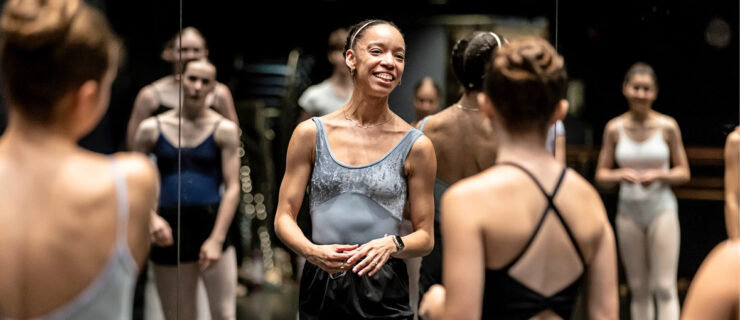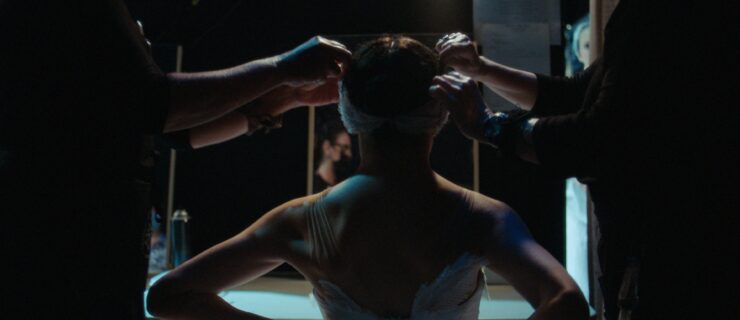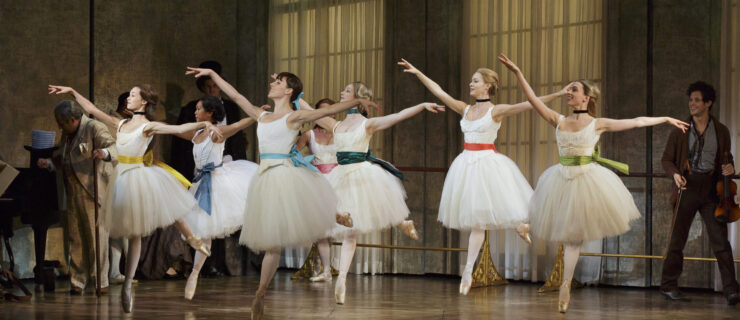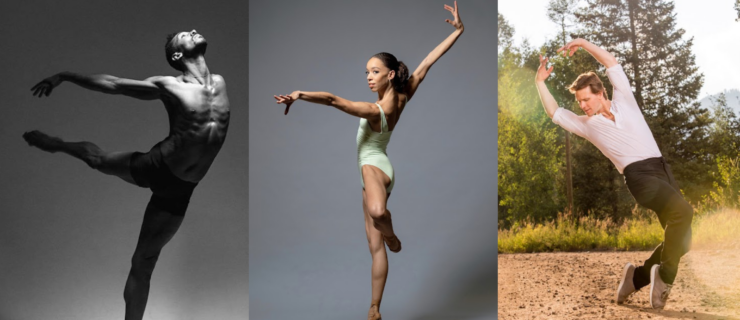Remembering Iconic Steps Teacher Wilhelm "Willy" Burmann
Over the last 36 years, scores of dancers passed through Wilhelm Burmann’s studio doors at Steps on Broadway in New York City. Burmann, who went by “Willy,” welcomed everyone—from huge dance stars to young students with huge dreams. He also welcomed adult students seeking to improve their technique and even students just taking ballet class for exercise.
On Tuesday, March 31, he died of renal failure after his treatment was complicated by the coronavirus, and the dance world lost a beloved teacher and coach.
His wealth of knowledge came from his own extensive dance background. He danced professionally with the New York City Ballet, Frankfurt Ballet, Stuttgart Ballet, Grand Theatre du Geneve, Pennsylvania Ballet and New Jersey Ballet. His teaching resume reaches even farther—he’d also been on the faculties of Melissa Hayden School of Ballet, Harkness Ballet School and Ballet Arts. He served as a ballet master for Grand Theatre du Geneve, The Washington Ballet and Ballet du Nord.
Seemingly every dancer has their own “Willy” story to share.
I first started taking his class in my early twenties. Right away I noticed that his combinations felt good on my body. Nothing felt strained. His steps flowed out of me and I felt at ease—happy and confident. He somehow accomplished the task of giving a ballet class that didn’t hurt.
He honed in on simple technical corrections, reminding us of little details that can get lost as professional dancers navigate nightly performances, difficult choreography and exhaustion. In other words, Willy polished our technique. He just wanted a nice, high passé. He told us to turn out the knee before doing a développé front. He said: Don’t wing the foot in penché (point it!). Pick the front of the hips up and tuck the bottom under. Cross the fifth position. Straighten the knees all the way. Always have your weight on one leg or the other, but never in the center.
Willy was as tough as nails. He demanded perfection and expected nothing less. Every dancer in the room had to be ready to tackle his combinations and corrections. He could be relentless at times—pushing dancers perhaps a bit too far. But dancers didn’t go to his class to be coddled. We knew that he had no problem saying precisely what he thought, even if it wasn’t particularly kind. He was stern and a tad intimidating. That was Willy.
But then, once during a barre combination, I kicked over my coffee and spilled it everywhere. I started to run out of the studio to grab paper towels and he stopped me. He said, “No, stay and dance.” He left the room to get paper towels, bent over, and cleaned up the mess himself. I’ll never forget that.
As the years passed, I also got to know the man outside of the studio. That Willy was kind, gentle, caring and generous. When small groups of us traveled to Europe for gigs, he came along. He taught us daily class, warmed us up before shows and supervised our rehearsals.
During those trips, I learned that he liked to eat soup and donut peaches. I learned that he was actually left-handed, but his schoolteachers had forced him to write with his right hand. (But he still ate with his left hand.) Once, he spoke of being a child in Germany during World War II. He was taken from his parents to presumed safety in the countryside. He said, “Oh, I cried and cried.”
Regardless of how well we danced, he came backstage with hugs, compliments and words of encouragement. But, perhaps what touched me most was what he did after the gig was over. Willy always sent an email to thank each of us. He thanked us for the beauty that we brought to him and the audiences. Those extra messages touched me profoundly.
Willy was a pillar in the dance community. At Steps, I always knew he would be there, sitting on the bench outside the studio before and after his class. He was there, unless someone needed him. Then he was off somewhere in the world rehearsing, coaching and encouraging other dancers. Regardless of the amount of time that had passed since I last attended his class, I knew he would be there when I made my way back to his classroom. He was there with a hug, but also with higher expectations and newer corrections for me.
Willy and I shared a birthday—April 3. Every year, from wherever in the world he was, he emailed me beautiful birthday wishes. Usually his email was my first birthday greeting to come in. When I heard last week that Willy was in the hospital, I wished upon the stars that he would make it until this Friday. For once, I wanted to be his first birthday greeting. But, unfortunately, we have lost our dear Willy too soon. So, instead, I’ll wake up early on our birthday and look up to the sky and say, “Happy birthday, Willy. I love you. And thank you. Thank you for everything.”



